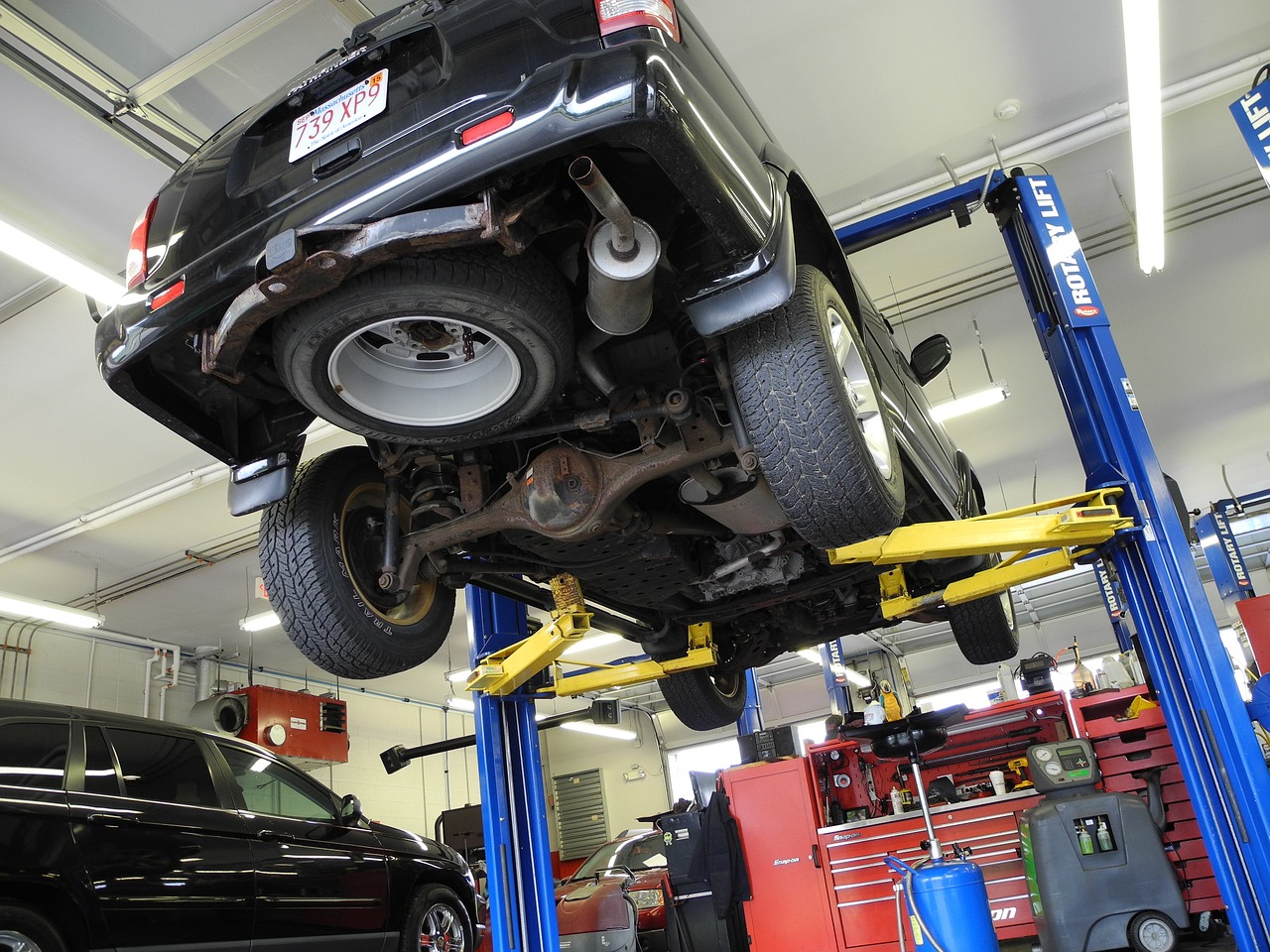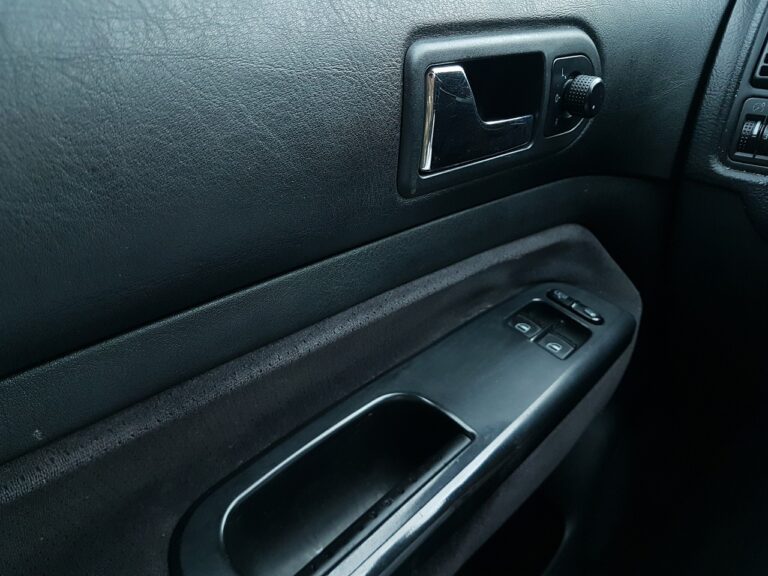Why Some Car Brands Are Shifting to Digital Sales Models
The automotive industry has witnessed a significant shift towards e-commerce in recent years. With the growing trend of online shopping and digital transactions, car brands are increasingly embracing digital sales models to cater to changing consumer behaviors. This transformation has not only streamlined the car buying process but also expanded the reach of automotive brands to a wider audience.
The convenience and flexibility offered by e-commerce platforms have revolutionized the way customers interact with car dealerships. Consumers now have the ability to browse different car models, compare prices, and even complete the entire purchasing process online. This shift towards digital sales channels has proven to be a game-changer for the automotive industry, allowing brands to adapt to the evolving market landscape and meet the demands of tech-savvy consumers.
Changing Consumer Behavior in Car Buying
As consumer behavior evolves in the car-buying process, traditional methods are being overshadowed by digital alternatives. Customers now prefer the convenience of browsing vehicles online, comparing prices, and reading reviews from the comfort of their own homes. This shift towards online research allows buyers to make more informed decisions before even stepping foot into a dealership.
Moreover, the rise of e-commerce platforms has streamlined the purchasing process, offering customers the option to buy cars entirely online. This trend aligns with the increasing demand for efficiency and simplicity in all aspects of life. With just a few clicks, consumers can browse available inventory, apply for financing, and even schedule home delivery of their new vehicle. This enhanced level of convenience is reshaping the way people approach buying cars, emphasizing the importance of seamless digital experiences.
The Benefits of Digital Sales Models for Car Brands
Digital sales models have revolutionized the way car brands interact with consumers. By offering online purchasing options, companies can reach a wider audience and provide a more convenient shopping experience. This accessibility also allows consumers to research and compare vehicles easily from the comfort of their own homes.
Moreover, digital sales models streamline the buying process, saving time and simplifying transactions for both customers and car brands. Online platforms make it easier for consumers to explore available inventory, customize vehicles, and even arrange for test drives and delivery. This enhanced efficiency contributes to a more seamless purchasing journey, ultimately increasing customer satisfaction and loyalty.





